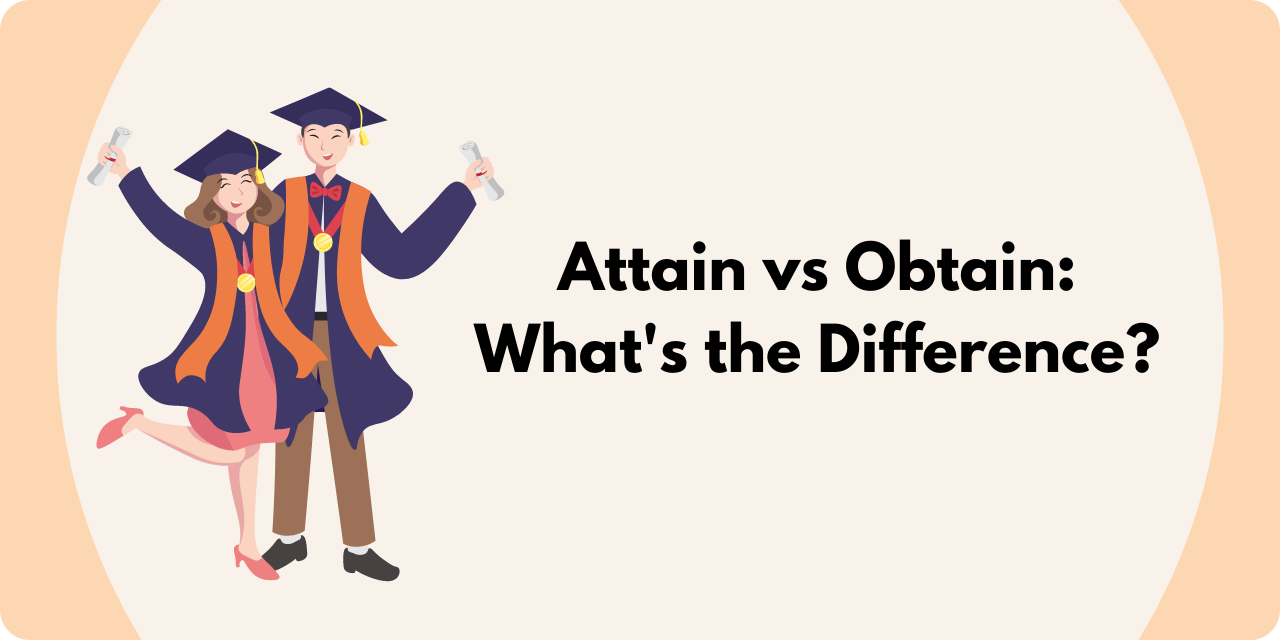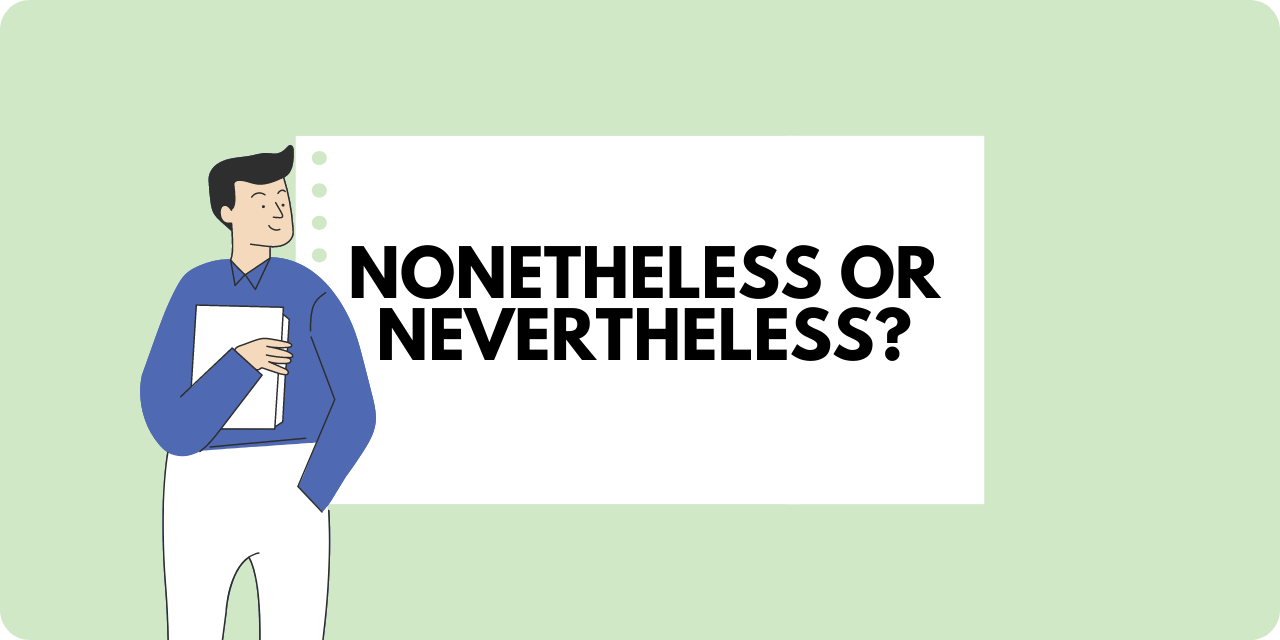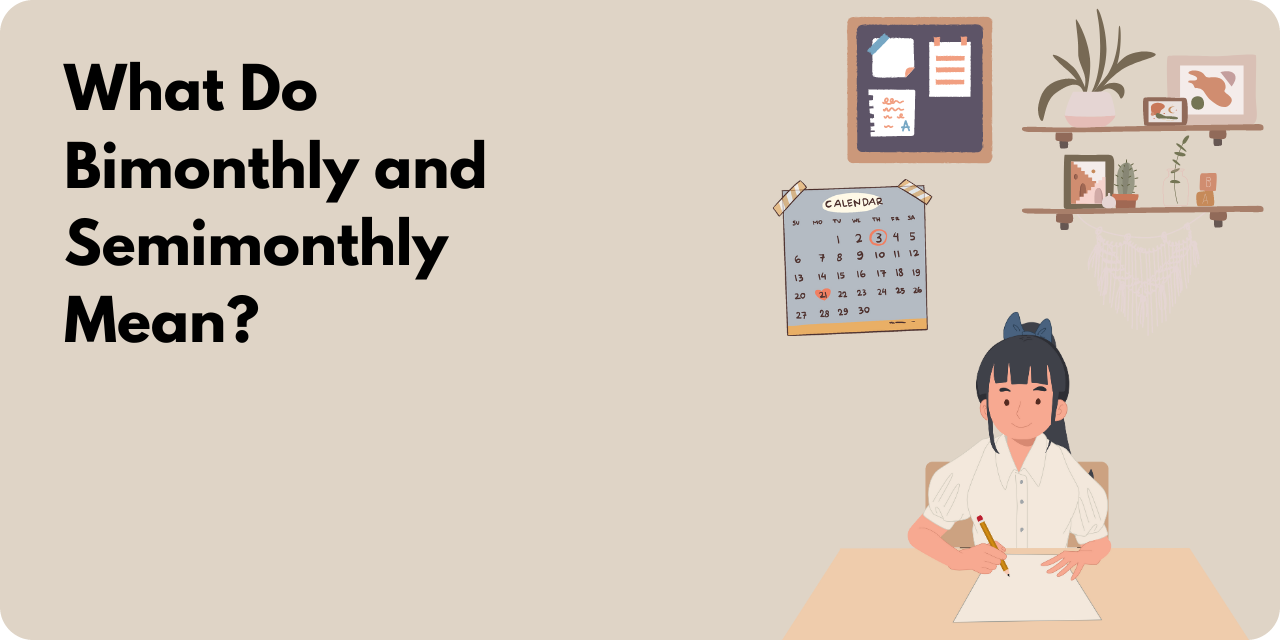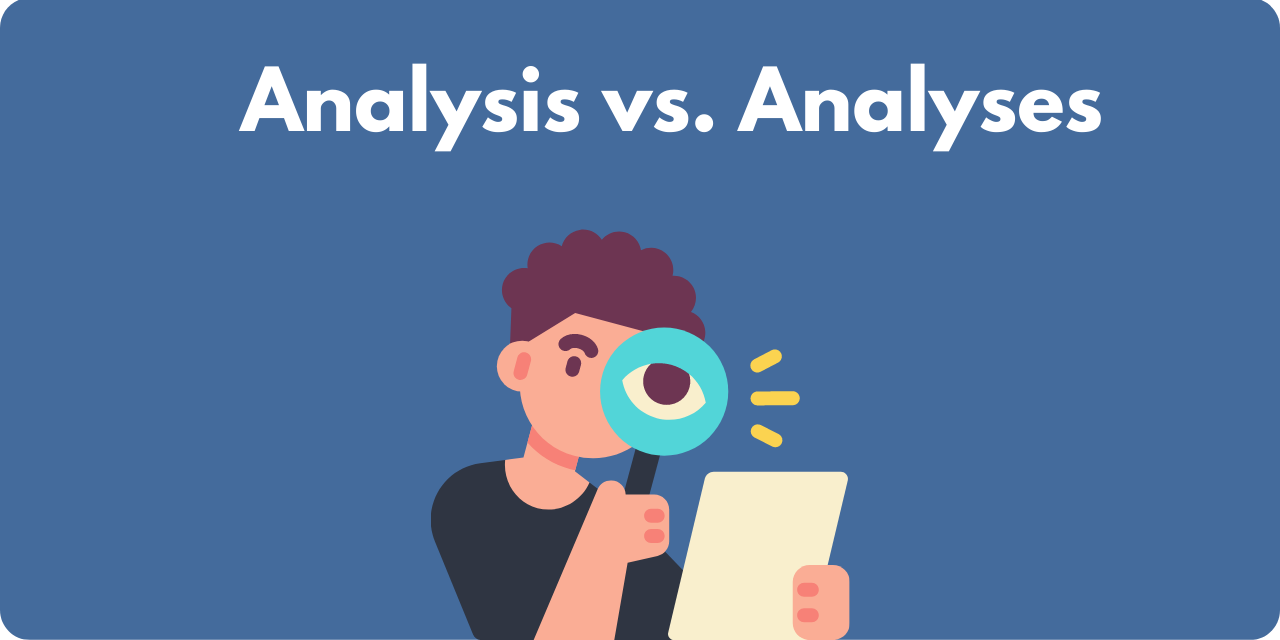Suppose and supposed are sometimes confused with each other.
- Supposed to means expected to. It is not correct to say suppose to.
- Suppose is a present tense verb that means to assume.
Supposed To
This phrase functions like a modal verb. Modal verbs add on to the main verb to show possibility, permission, or obligation. Sometimes modal verbs are called auxiliary or helping verbs. When you add supposed to to a verb, it shows obligation. It is similar to adding have to.
For example:
I have to be there early, or I’ll lose my job.
I’m supposed to be there early, or I’ll lose my job.
This phrase can also be used to express what a person or thing is likely to do.
It is supposed to snow tomorrow.
This is supposed to be the best restaurant in town.
You can see that supposed to is preceded by a form of to be and followed by a verb.
She is supposed to go to practice today.
Was I supposed to wear a costume?
To Suppose
To suppose means to presume that something is true even without evidence.
Gina didn’t turn in her homework, so I suppose she doesn’t care about failing.
The shopkeeper supposes that more people will come in during the parade.
Suppose can also be used as an imperative to mean what would happen if.
Suppose he loses his job. How will he pay his bills?
Supposed To vs. Have To vs. Ought To
These three modal verbs are often confused with each other: supposed to, have to, and ought to. They do have similar functions, but it’s important to know how they are slightly different.
To be supposed to shows that the subject is expected to take a certain action, but there is a possibility that it won’t happen.
The plumber is supposed to fix the leak.
The expectation is that the plumber will fix the leak, but there is a chance that he won’t be successful. This sentence leaves the reader waiting to see if the expectation will be met.
Has to means must. It implies the subject doesn’t have a choice about performing an action.
The plumber has to fix the leak to get paid.
This sentence shows that if the plumber doesn’t fix the leak, he won’t be paid. He must do it if he wants his money.
Ought to is used in a suggestion. It expresses that something would be good for the subject, but the subject doesn’t have to do it.
The plumber ought to explain the problem to the customer.
The plumber doesn’t have to offer an explanation, but it would be a good idea.
Now that you understand the differences between these easily confused words, your writing will be even better!
Want to sharpen your business writing skills? Discover our acclaimed online courses at syntaxtraining.com Whether you want to learn about taking taking meeting notes, become a master proofreader, master punctuation or tune-up your business writing skills, our courses are here to help you.






